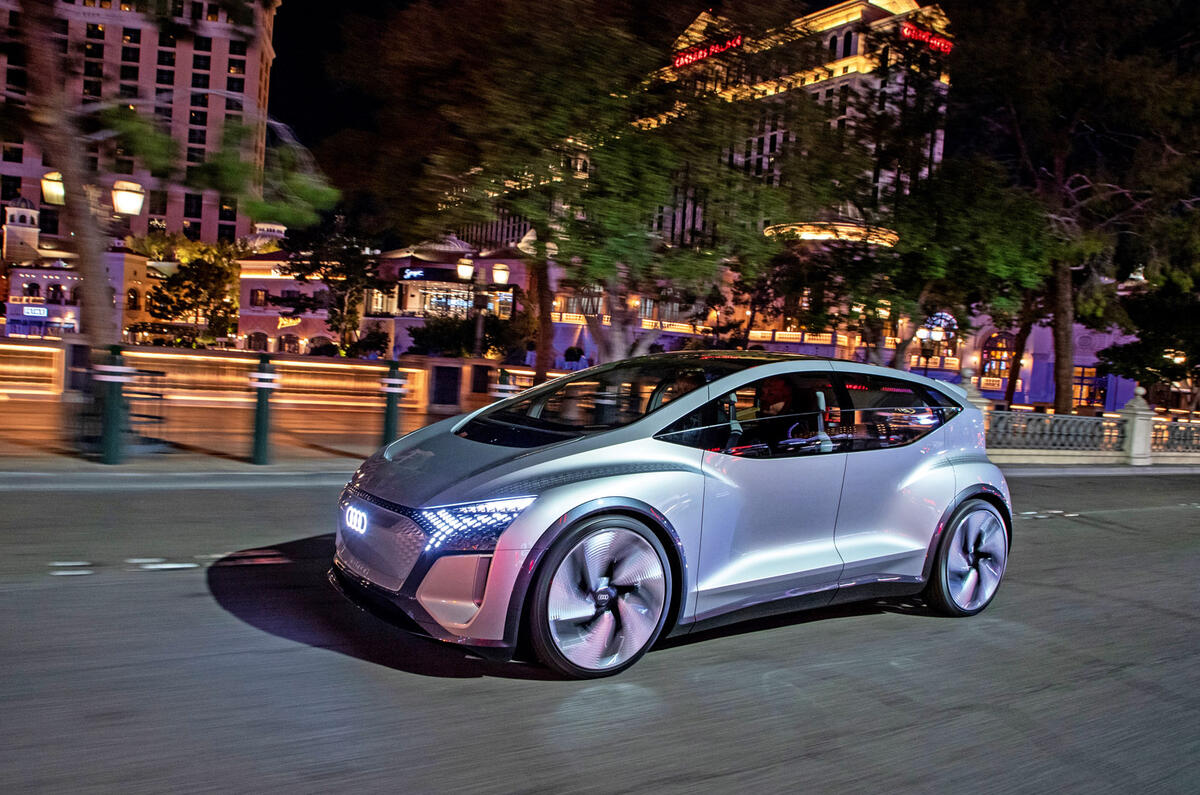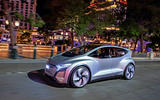This is the most exciting time in the motor industry since the introduction of the steering wheel, they say. It’s certainly the most exhausting.
Last week’s government announcement that by 2035 it intends to end sales of all new cars that aren’t zero emissions has been greeted with everything from ‘well, this is impossible’ to ‘just ban the car’, with lots in between where, as is the way with most arguments, the right path is likely to exist.
But when even the biggest EV proponents are saying “please remember, these proposals are subject to consultation”, it’s fair to say they’re not without difficulty. It won’t help that Volkswagen and Bosch have conspired to ensure that legislators’ ‘consultations’ with the motor industry are at a particularly low point.
But look, life generally gets better. Civilisation gets cleaner, people become less fighty, and fairer, and wealthier, and more equal, and it’ll all be fine. People who like EVs (I’m one of them) still like cars, after all. Some even like engines. (I’m one of those, too.)
Switching to zero emissions is like undertaking a risk assessment at work: they still want you to do your job; they just want to mitigate the worst of the consequences.
I don’t think it’ll be straightforward. Recently I said that Honda’s insistence on fitting HDMI sockets and a virtual aquarium in the Honda E seems daft, unless you’re sitting in a car doing nothing but waiting. But I was forgetting that, perhaps at times, you will be. (If you @ me, I’ll reply when I’m next doing it.) I worry that local councils won’t provide enough chargers in enough overnight parking spots for those who can’t fit chargers at home. But private energy and charge station companies will make charging easy: they want the business, because they want the money.
Ah, the money. You might notice you give quite a lot of that to the Treasury on the premise that your combustion-engined car is dirty. EVs are comparatively clean but the government, I suspect, will miss the £30 billion so measures will have to make the electricity that goes to your car – but not the electricity that goes to your gran’s flat’s radiators – expensive.
And, I wonder, what of the taxes designed to penalise those who take dirty cars into cities? It’s said they exist to improve air quality, but let’s see how much cities get used to having the money.
What’s important is not that the internal combustion engine has a future: it’s that the car has a future, because – while I also want more trains and buses and for those to be cheaper – it’s just the best, isn’t it? The choice. The freedom. The ability to decide not to turn left and go to work, but to turn right, on a whim, and just go. The car has let us live and work where we like. People won’t accept that being turned off. The car wins.











Join the debate
Add your comment
NIce Post
I read this article! I hope you will continue to have such articles to share with everyone! Thank you
The cars the star.
Cleaner transport has to happen or we will all end up wearing protective clothing in the future, we all need to change, not overnight, but by generation, we owe it to our children to do so, EV cars will, in future get dearer to run, they have to, Tax on them pays for lot of things not just the Roads we drive on, there will be events where ICE Cars can be exhibited, driven even,but, here's a question, what about Ships, planes, how are we going to change how they are powered?
Car choice